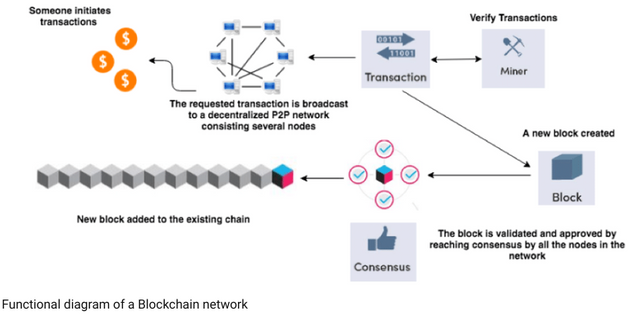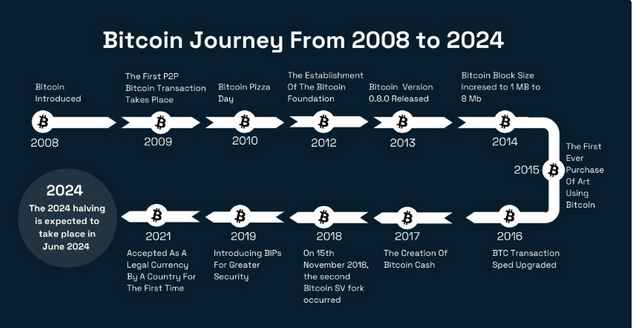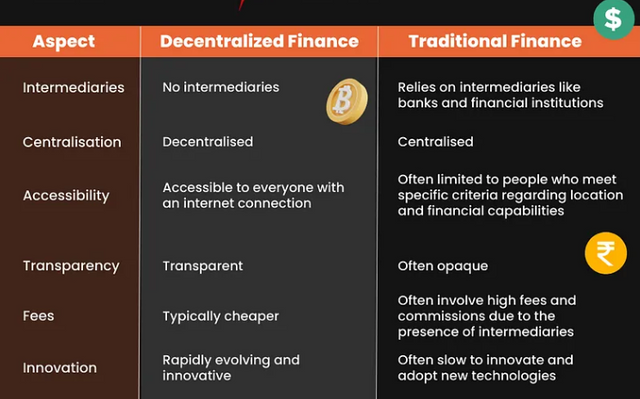What is Bitcoin and Why Should You Know About It? Simple Answers for Beginners

In recent years, the word 'Bitcoin' has become common in the financial and tech worlds, and even in everyday conversations. However, many people still don’t know exactly what it is or how it works. Here, we’ll explain in simple terms what Bitcoin is, what it’s used for, and why it has generated so much interest worldwide.
What is Bitcoin? The Basic Guide to Understanding the Most Famous Cryptocurrency
Bitcoin is a digital currency or cryptocurrency that was created in 2009 by a person or group of people using the pseudonym Satoshi Nakamoto. Unlike traditional money (such as the dollar or euro), Bitcoin does not exist in physical form. It is a completely digital currency that allows transactions to be made over the Internet without the need for intermediaries like banks or governments.
Bitcoin is based on a technology known as blockchain, which is essentially a digital ledger where all transactions made with Bitcoin are stored. This ledger is public, decentralized, and distributed across a global network of computers

Why Was Bitcoin Created?
The creation of Bitcoin had several goals. The main one was to give people control over their own money and to offer a global payment system without the need for intermediaries. In other words, it allows individuals to send and receive money directly between themselves, without going through banks or financial institutions that charge fees or limit accessibility.
Bitcoin was also designed to be resistant to censorship and to prevent manipulation by governments or centralized entities. This makes it an attractive option for those looking to protect their money from inflation or unstable monetary policies.

How Does Bitcoin Work?
The functioning of Bitcoin may seem complicated at first, but it is based on a few basic concepts:
Blockchain: As mentioned earlier, Bitcoin uses a blockchain, which is a public ledger where every transaction is recorded. Each "block" contains a set of transactions and is linked to the previous block, forming a chain. This makes it virtually impossible to alter or counterfeit transactions.
Mining: In order to add a new block to the chain, a complex mathematical problem must be solved. This process is called mining and is performed by specialized computers known as "miners." Miners are rewarded with Bitcoin each time they complete a block, which is how new Bitcoins are created.
Digital Wallets: To use Bitcoin, you need a digital wallet, which is an application where you can store, receive, and send Bitcoin. Wallets have a unique address (similar to a bank account number) that you use to receive payments, and a private key that you must keep secure, as it gives you access to your funds.

How Does Bitcoin Differ from Traditional Money?
Bitcoin differs from traditional money in several key aspects:
Decentralization: There is no central authority (like a central bank or government) that controls Bitcoin. Its network is global and distributed across thousands of computers, making it resistant to censorship and manipulation.
Limited Supply: Only 21 million Bitcoins will ever be created. This is an important difference, as many governments can print more money when needed, which can lead to inflation. Bitcoin, having a maximum limit, is considered by some as a store of value.
Anonymity: Although transactions on the blockchain are public, they are not directly linked to the personal identity of users but to their wallet addresses. This provides a certain level of privacy.
Global: Bitcoin can be used anywhere in the world without the need to exchange for a local currency. This makes it an attractive option for international transactions.

Is It Safe to Use Bitcoin?
The security of Bitcoin is based on its blockchain technology, which has proven to be robust and secure so far. However, there are risks for users, such as the theft of private keys or the use of insecure wallets. It is important to take security measures, such as using trusted wallets and protecting private keys.
Additionally, the value of Bitcoin is highly volatile, meaning its price can rise or fall dramatically in a short period. This makes it a high-risk investment that may not be suitable for everyone
What Is Bitcoin Used For?
Bitcoin has several uses, including:
Payment Method: More and more businesses and merchants are accepting Bitcoin as a form of payment, especially in e-commerce.
Investment: Many people buy Bitcoin as an investment, hoping that its value will increase over time.
International Transfers: Bitcoin allows users to send money anywhere in the world quickly and without the need for intermediaries, which can be useful for those looking to avoid international transfer fees.
Advantages and Disadvantages of Bitcoin
Advantages:
Freedom of Transaction: Direct and global transfers.
Protection Against Inflation: Limited supply of 21 million coins.
Privacy and Relative Anonymity.
Disadvantages:
High Volatility: Its price can fluctuate dramatically in a short time.
Technical Complexity: It can be complicated for beginners.
Vulnerability to Loss: If you lose your private keys, you lose access to your money.

Conclusion
Bitcoin has revolutionized the way we think about money and has opened up a world of possibilities for digital transactions. Although it may seem complex at first, understanding its basic principles helps explain why it has captured global attention. While it is not without risks, Bitcoin has proven to be a powerful tool for those seeking financial freedom and control over their own resources.
I hope this guide has helped you understand what Bitcoin is and how it works. Are you ready to explore more about the world of cryptocurrencies? Bitcoin could just be the beginning of a journey into the new digital economy!